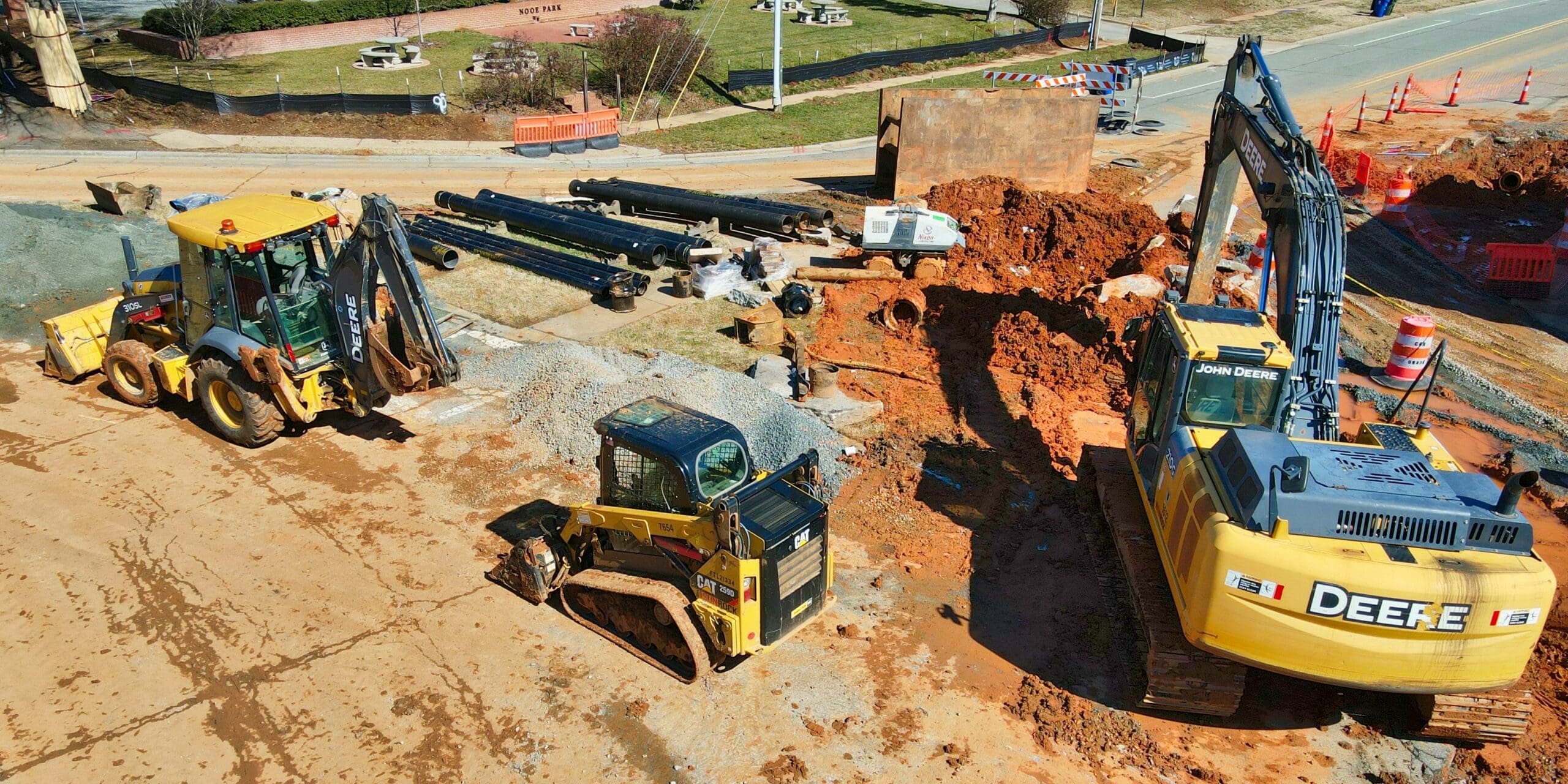Biden infrastructure law funds upgrades to Michigan airports
Airport traffic has a $22 billion annual impact on Michigan’s economy.

The U.S. Department of Transportation announced on Jan. 30 that Willow Run Airport in Van Buren Township, Michigan, will receive $2.2 million in federal funding for infrastructure upgrades.
The new funds will be used to build an 8,617-foot taxiway at the location that will run parallel to the existing runway, eliminating the need for aircraft to travel in two directions on one runway. Funding for the project will come from the Infrastructure Investment and Jobs Act, signed into law by President Joe Biden in 2021.
Willow Run Airport serves general aviation, corporate and cargo clients and handles more than 200 million pounds of cargo each year, according to its website. The airport is used to transport emergency medical supplies, mail, packages, and automotive and electronic components, along with other cargo.
The award is part of a package of $243.7 million in grants the Transportation Department is allocating to airports around the nation through its Airport Infrastructure Grants program.
“These investments from the Biden-Harris administration are making it possible to modernize our country’s aging airport infrastructure to meet this demand today and ensure safe, efficient travel into the future,” Transportation Secretary Pete Buttigieg said in a statement.
In Michigan, 89 airports will receive infrastructure grants during the 2024 fiscal year. Detroit Metro Wayne County Airport, the busiest in the state and a hub for Delta Airlines, will receive the largest award. Other airports that will receive funding include Gerald Ford International Airport (Grand Rapids), Cherry Capital Airport (Traverse City), MBS International Airport (Saginaw), and Kalamazoo/Battle Creek International Airport (Kalamazoo).
According to the Michigan Department of Transportation, aviation has an economic impact of more than $22 billion per year on the state of Michigan.
In its 2023 report card on Michigan infrastructure, the American Society of Civil Engineers gave the state’s aviation facilities a “C” rating, indicating “mediocre: requires attention.”
The report noted, “Business growth in Michigan relies on a safe and efficient aviation system. With the geographic challenges of Michigan, access to all parts of the state in support of business, tourism, and emergency relief is critical.”
The Department of Transportation estimated in 2021 that Michigan will receive a total of $363 million over a five-year period from the infrastructure law to address its aviation infrastructure needs.
When the law was debated and voted on in Congress, it was supported by Michigan’s two Democratic senators, Gary Peters and Debbie Stabenow. It was also backed by all seven of the state’s Democratic representatives, but was opposed by six of its seven Republican members of Congress. Rep. Fred Upton, the only Michigan Republican to support the law, has since retired.
Improving infrastructure has been a priority for people in Michigan. In an August 2023 poll of 18- to 29-year-old Michigan residents commissioned by the Detroit Regional Chamber and Business Leaders for Michigan, improving infrastructure was ranked as the top response (14.1%) when respondents were asked to list “one thing that would make Michigan a better place to live and work.”




